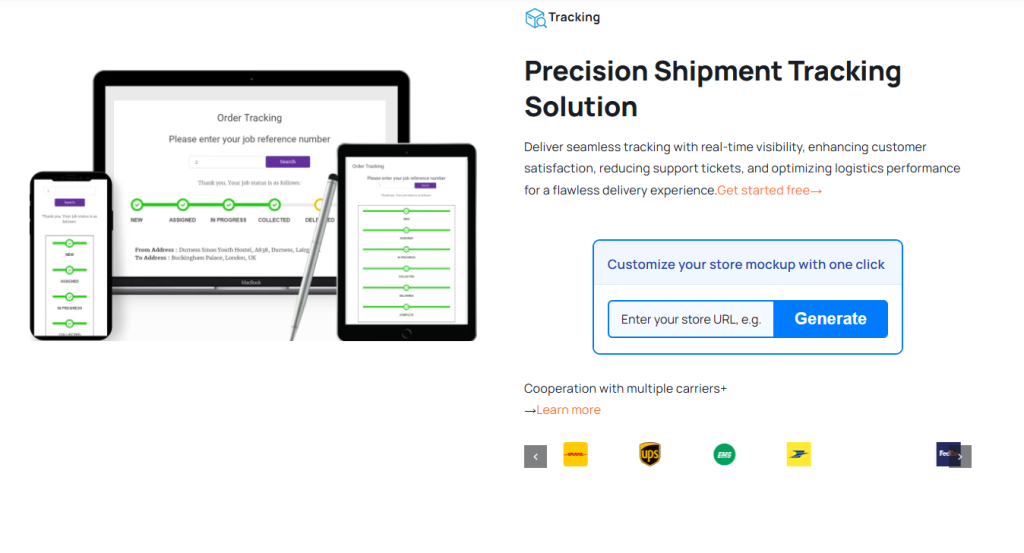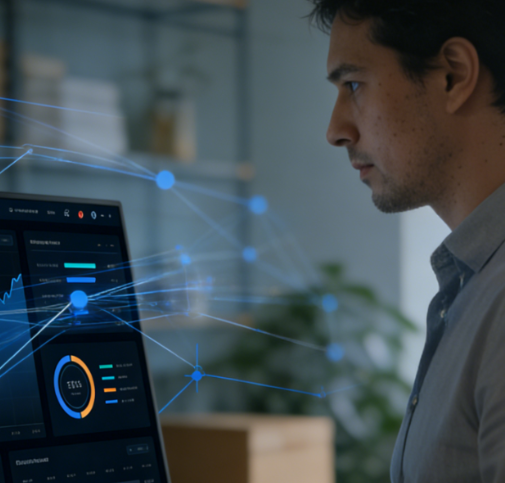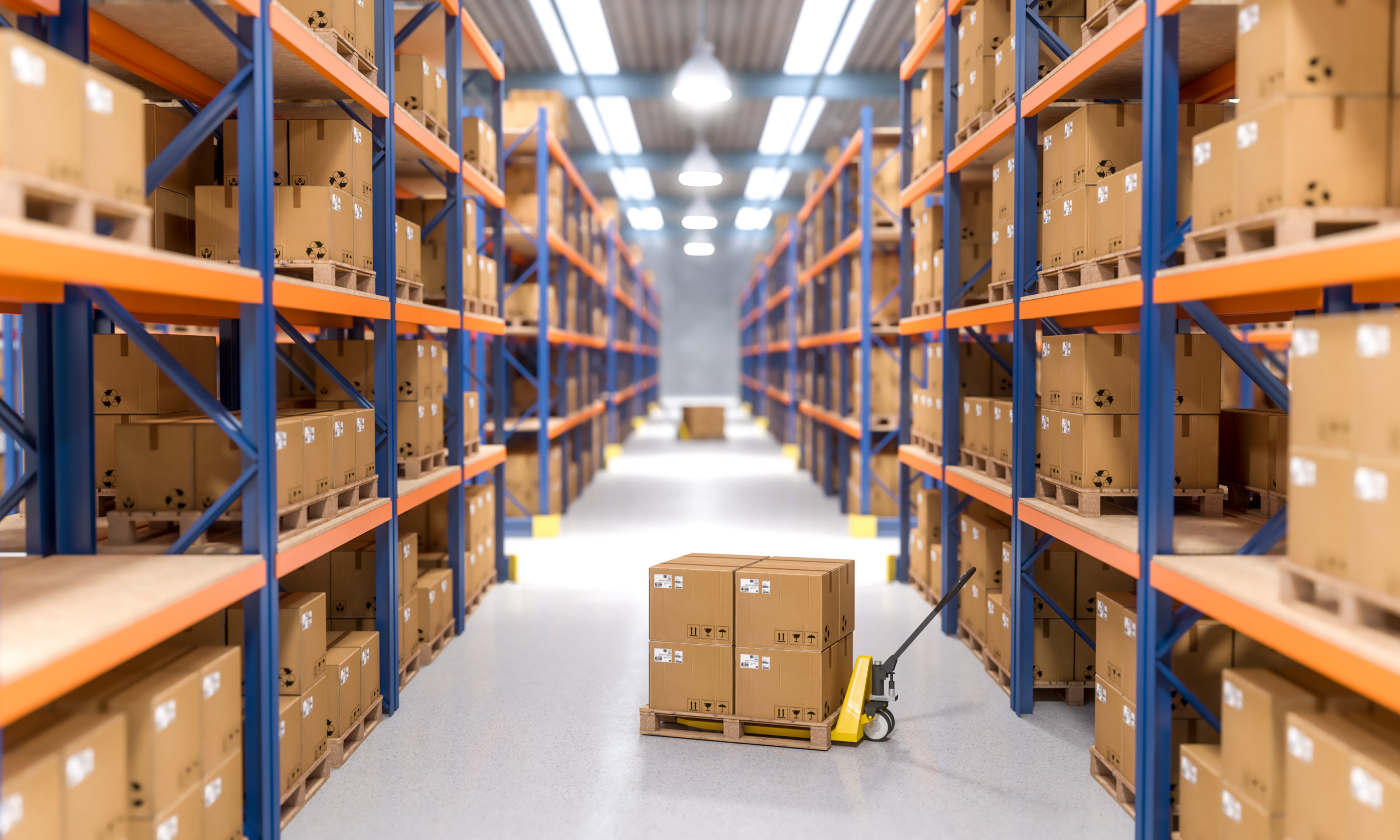Hyperlocal Delivery & Logistics Services by Postalparcel
The logistics industry is undergoing a dramatic shift. The old models built around centralized warehousing and long-distance shipping are no longer fast or flexible enough for today’s market. As consumer expectations continue to rise and urban delivery becomes more complex, hyperlocal delivery models are emerging as a smarter and more responsive solution for last-mile logistics.

From Centralized Warehousing to Local Fulfillment
The traditional logistics model focused on mass distribution from large, centralized facilities. But now, that approach is giving way to local delivery ecosystems designed for speed and flexibility. Businesses are rethinking how and where they store inventory to meet the needs of nearby customers faster than ever before.
Why Traditional Logistics Struggles to Keep Pace
Long-haul shipments and centralized inventory often lead to delayed deliveries, higher costs, and lower responsiveness in urban areas. As demands for same-day or even one-hour delivery increase, older logistics systems can’t deliver at scale.

The Strategic Benefits of Hyperlocal Delivery
Hyperlocal fulfillment means products are stored closer to the customer—whether in micro-warehouses, dark stores, or converted retail spaces. This proximity allows for faster deliveries, lower transportation costs, and a more agile supply chain.
Market Forces Driving Hyperlocal Growth
Several industry trends are fueling the rise of hyperlocal logistics. The shift isn’t just about speed—it’s about sustainability, data, and adapting to a world that expects more from delivery providers. Understanding these forces is key to building a future-ready logistics strategy.

Customer Expectations Are Setting the Pace
Consumers now expect real-time tracking, short delivery windows, and consistent performance across channels. The delivery models are better positioned to meet these expectations with greater accuracy and reliability.
Urbanization and Green Logistics
As urban populations grow, traffic congestion and emissions limits make traditional long-haul delivery inefficient. The delivery leverages shorter routes, smaller vehicles, and even bikes—making it both faster and more sustainable.
Postalparcel: Enabling the Hyperlocal Shift Through Services
As logistics becomes more decentralized, businesses need support to manage the complexity. Postalparcel provides full-service logistics—with an emphasis on carrier management, delivery coordination, and multi-location inventory control.
Smarter Carrier Management for Last-Mile Success

Postalparcel Instant verification and correction of shipping addresses, reducing delivery errors, and ensuring all shipments reach their destinations accurately.
Scalable Inventory and Order Management
Postalparcel’s services also include real-time inventory visibility and order syncing across fulfillment points. Whether operating a single city hub or a multi-country network, businesses can maintain consistency and speed using Postalparcel’s logistics services.
Real Impact: Postalparcel’s Global Logistics Success
Postalparcel’s value becomes most clear in real-world applications. One notable case involves a mid-sized electronics retailer operating across Southeast Asia and Eastern Europe. They faced delays, poor visibility, and inefficient cross-border logistics. By using Postalparcel’s carrier management and inventory services, they achieved better route flexibility, improved order accuracy, and 42% faster delivery speeds—all without implementing a new system.
Integrated Carrier Coordination Across Borders
By selecting the most appropriate carriers per country, Postalparcel helped the retailer reduce shipping disruptions and improve delivery timelines. The service allowed seamless operations across regions despite differing infrastructures.
Inventory Optimization for Speed and Accuracy
Using Postalparcel’s inventory tracking tools, the company synchronized regional warehouse stock, enabling faster fulfillment and reducing both returns and backorders—essential for maintaining customer trust.

Data and AI: The Brain Behind Hyperlocal Logistics
Hyperlocal success isn’t just about physical proximity—it’s about smart decisions made in real time. Data and AI are now crucial for optimizing routes, managing demand, and predicting bottlenecks before they happen.
Predictive Delivery and Demand Planning
Postalparcel integrates AI to forecast demand down to the neighborhood level. This allows businesses to allocate inventory more effectively, adjust delivery windows, and reduce wasted trips.
Smarter Decisions Without Complex Systems
Unlike tech platforms that require in-house setup, Postalparcel provides these insights as part of its logistics service, enabling even small or growing businesses to access intelligent logistics without building from scratch.
Scaling Hyperlocal Delivery Without the Chaos
While the delivery models offer speed and customer proximity, they also introduce operational complexity. Managing multiple touchpoints and partners requires consistent oversight and the right infrastructure.

Overcoming Coordination Challenges
Each city or zone may require a unique carrier or inventory strategy. Postal parcel helps businesses standardize this complexity by providing centralized visibility and responsive logistics support.
Building Future-Ready Networks
With Postalparcel’s service-based approach, businesses can expand into new cities and countries while maintaining hyperlocal responsiveness. The ability to scale without sacrificing speed is a key differentiator in today’s market.
Conclusion
The future of logistics is undeniably hyperlocal. As consumer expectations shift toward immediacy and precision, businesses must adapt their fulfillment strategies to meet demand at the neighborhood level.
Postalparcel’s full-service logistics offering—combining carrier management, inventory control, and delivery support—is built for this future. It empowers brands to expand faster, serve smarter, and compete more effectively without investing in complicated systems.
With the right partner, this delivery doesn’t need to be complex—it just needs to be smart. And that’s exactly what Postal parcel delivers.
Industry Insights
news via inbox
Nulla turp dis cursus. Integer liberos euismod pretium faucibua








